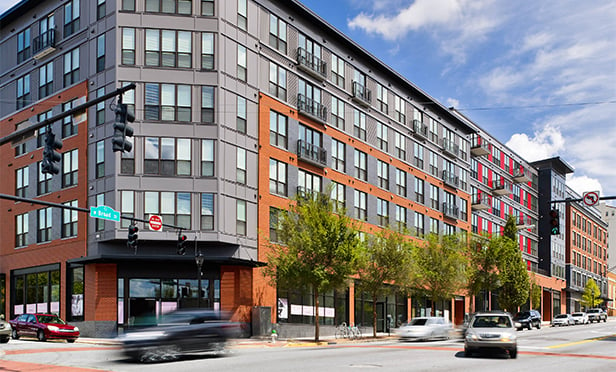PHILADELPHIA, PA—PREIT, the big owner of mall properties located here, is still bullish on the retail shopping experience in “bricks and mortar” stores, while it repositions space in many of its properties to align with new consumer expectations such as grocery stores, dining, entertainment, and other “experiential” retail tenants.
“I'd love to tell you that we make magic, but it's really about the quality of the property and the quality of the location,” says Joseph F. Coradino, chairman and CEO of PREIT. In an exclusive interview with GlobeSt.com, Coradino says the real estate investment trust's success in transforming its portfolio has a lot to do with its targeted effort to exit underperforming properties and reinvesting in profitable assets.
PREIT has faced significant challenges in many mall properties as department store chains have retrenched. The exit of Sears, JCPenney and Macy's from many mall properties left PREIT with large anchor stores to fill.
Recommended For You
Want to continue reading?
Become a Free ALM Digital Reader.
Once you are an ALM Digital Member, you’ll receive:
- Breaking commercial real estate news and analysis, on-site and via our newsletters and custom alerts
- Educational webcasts, white papers, and ebooks from industry thought leaders
- Critical coverage of the property casualty insurance and financial advisory markets on our other ALM sites, PropertyCasualty360 and ThinkAdvisor
Already have an account? Sign In Now
*May exclude premium content© 2025 ALM Global, LLC, All Rights Reserved. Request academic re-use from www.copyright.com. All other uses, submit a request to [email protected]. For more information visit Asset & Logo Licensing.









